‘Tutto nel mondo e burla’ sings the company at the end of Verdi’s Falstaff — ‘All the world’s a joke’ — and how much you enjoy this opera probably depends upon how far you accept that truth. The 79-year-old Verdi coming out of retirement for one last laugh, finding in Arrigo Boito a librettist who could remake Shakespeare in the sun-kissed Italian of Boccaccio and Petrarch, and then composing a score that saves its deepest compassion for old fools and young lovers, its sweetness (according to Boito) ‘sprinkled across the comedy as one sprinkles sugar on a tart’: seriously, what right-thinking opera-lover, experiencing all of that, wouldn’t want to clink glasses with Sir John Falstaff?
Christopher Luscombe’s new staging doesn’t even bother to ask the question, and it’s easily the best thing I’ve seen at the Grange Festival. We’re in the Home Counties in 2019, but with better weather. The Garter Inn is the bar of a ropey heritage hotel, the Fords’ stockbroker-Georgian new-build boasts private moorings and Alice, Meg and the girls loll about on the decking or bitch around the breakfast bar. As each spotless set glides into place, and the surtitles drop another chirpy colloquialism (‘Okey-doke’) it feels like binge-watching a naff but addictive ITV sitcom. ‘Real Housewives of Windsor,’ commented a neighbour, though Fenton (Alessandro Fisher) and Nannetta (Rhian Lois) were ringers for BBC Three’s Gavin and Stacey.
The comedy thrives on all these references. Robert Hayward, as Falstaff, dresses like the Marquess of Bath (the one with the wifelets), and arms himself with petrol-station flowers for his assignation with Alice Ford (Elin Pritchard). Master Ford (Nicholas Lester) is the kind of Neighbourhood Watch prig who wears a designer lifejacket as he chugs about in his steam launch, and with his green blazer and dyspeptic glare Dr Caius (Graham Clark) is clearly just back from a local Brexit party rally. Luscombe’s eye for detail prevents these stereotypes from congealing. He knows that you can reveal a personality in the way Alice wrangles a cafetière, or Fenton casually fills his face with bar snacks.
It whirrs along as brightly as an early Alan Ayckbourn farce, and if Luscombe doesn’t dig very much deeper, well, that’s why we’ve got Verdi. Hayward’s singing is as rich and warming as a beaker of vintage port. The greatest interpreters of this role create the impression that Falstaff has uncorked a suppressed version of themselves, and you could feel the audience’s sympathies locking on to Hayward as he sat mud-stained and woebegone at the start of Act Three. Pritchard’s needlepoint sassiness repeatedly opened out into dusky, sensuously phrased melody; there was more kindness to her — and more of Falstaff — than we might have expected. Susan Bickley darted between grace and gravel-voiced sarcasm as a June Whitfield-ish Mistress Quickly, and the two young lovers sounded fresh and gauche enough to win sympathy without stealing the show.
As for Francesco Cilluffo and the Bournemouth Symphony Orchestra in the pit, we’re talking puppies off the leash: upfront, headstrong and living irresistibly in the moment. There wasn’t a tumescent horncall or a tittering string cascade that didn’t sound as if it was being relished; the moonlight of the final scene was breathlessly realised. And yet it all still seemed to pivot on the moment near the start of Act Three when Verdi’s music floods with splendour, and Hayward drew body and voice up to their full height to show us, briefly, a glimpse of something eternal. ‘How good it is to enjoy a glass of wine at sunset’: could any of us hope for more?
Perhaps my reaction was shaped by having heard Sir Roger Norrington conduct the Royal Northern Sinfonia the previous night. How can it be that Norrington — that disruptor, that life-enhancer — is now 85, and conducting from a chair with the tiniest of gestures? Everyone knows that conductors ripen late, and it’s invidious to dwell on Norrington’s age, but in a programme that comprised Mendelssohn’s Midsummer Night’s Dream overture (written when the composer was 17), Richard Strauss’s Serenade Op.7 (also age 16), Clara Schumann’s Piano Concerto (14) and an early Schubert overture (15), the subject did seem rather to impose itself.
There’s no escaping the fact, either, that it felt slightly listless — possibly because in the Victorian vastness of Middlesbrough Town Hall these classically scaled works tend to rattle around a bit. But then, with Mozart’s 29th symphony (age 18), everything lit up. It danced, it blazed. Diaphanous violin runs and shrilling, sky-punching oboes showed that Norrington’s ear for colour and texture is still as startling as ever. The second movement pranced like a gavotte, and the horns gave its final cadence a raucous, theatrical flourish. Norrington turned to the audience with a sly smile: go ahead, break the rules, applaud. And we did.
Got something to add? Join the discussion and comment below.
Get 10 issues for just $10
Subscribe to The Spectator Australia today for the next 10 magazine issues, plus full online access, for just $10.
You might disagree with half of it, but you’ll enjoy reading all of it. Try your first month for free, then just $2 a week for the remainder of your first year.

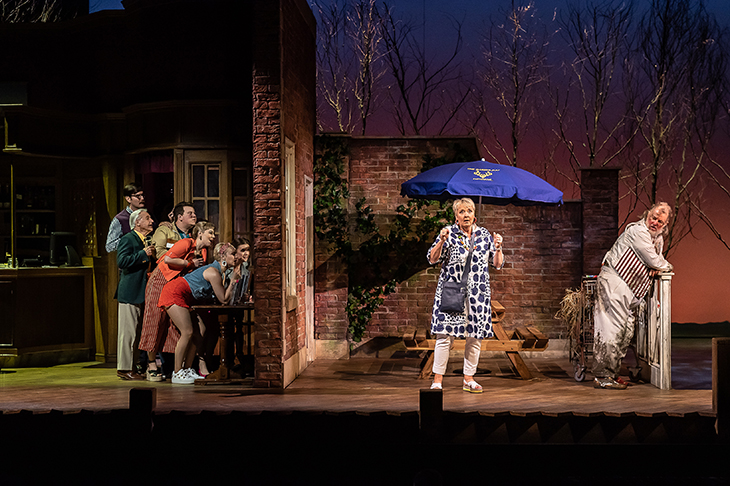
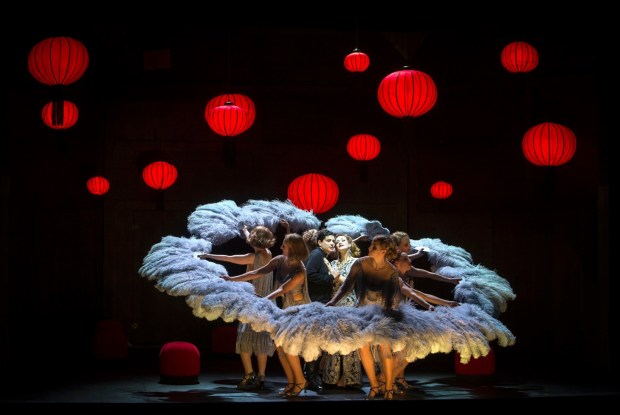
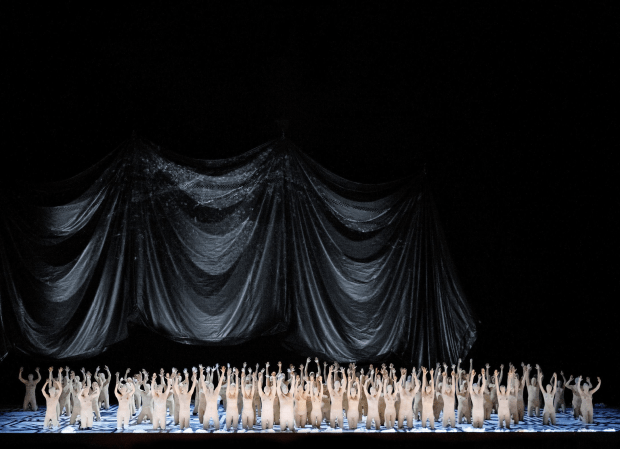
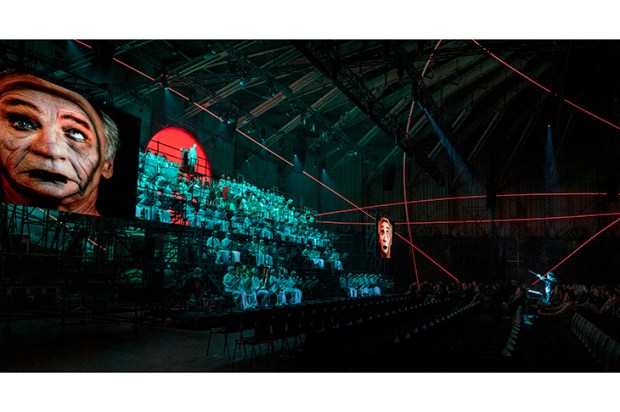
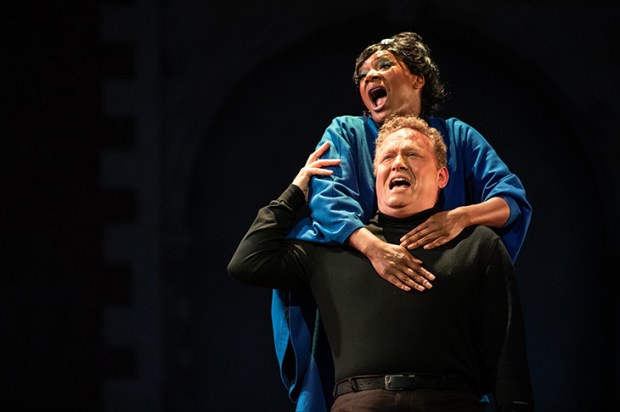
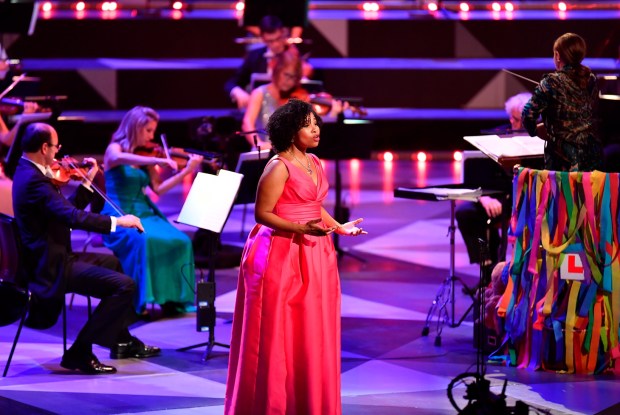
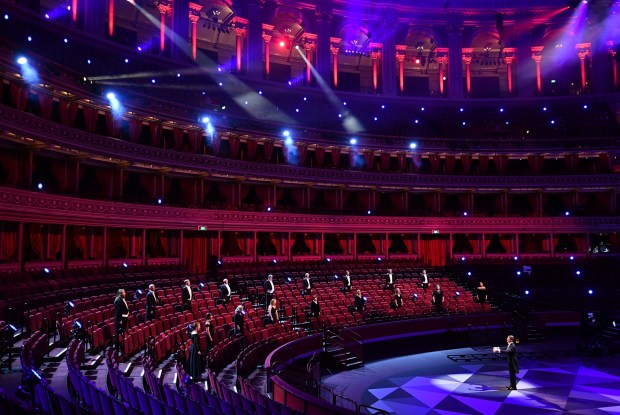






Comments
Don't miss out
Join the conversation with other Spectator Australia readers. Subscribe to leave a comment.
SUBSCRIBEAlready a subscriber? Log in